Nonprofits racing to meet rising needs
Streamlining grant approvals, loosening rules
Originally posted 03/28/2020 on JournalGazette.net
SHERRY SLATER | The Journal Gazette
Almost half of local residents – 44% – are living paycheck to paycheck, meaning they can last only a week or two without income, according to almost 5,000 survey responses reported Friday by nonprofit officials.
An additional 25% of survey participants said they could pay bills and buy food and medicine for just three or four weeks without income. Slightly more than 30% said they could last five weeks or longer.
The Northeast Indiana Community Needs survey was conducted March 12 to 24 to help nonprofits assess residents’ needs during the coronavirus pandemic. Gov. Eric Holcomb has ordered all non-essential businesses to close until April 7, keeping thousands of Allen County residents from reporting to work.
Although federal officials have promised various forms of financial assistance, including $1,200 checks or bank transfers to taxpayers making less than $75,000 a year, that help won’t come soon enough for many local families.
Meg Distler, St. Joseph Community Health Foundation’s executive director, on Friday said her foundation is among those that have streamlined grant request processes for previously approved social service agencies and loosened restrictions on how money is used.
“We were funding programs that taught people how to fish, so to speak. And now we’re giving them the fish,” she said during a phone interview.
Those survey respondents most at risk are primarily worried about paying for prescription drugs, accessing health care, finding food and paying for food. They are more likely than financially secure residents to have family members with chronic medical conditions.
The Parkview Mirro Center for Research and Innovation’s experts who created the survey and compiled results included a disclaimer that warned the data are skewed toward higher-income residents, based on the ZIP codes and health insurance coverage status of those who participated in the online questionnaire.
The St. Joe Foundation has joined a national movement led by the Council on Foundations asking funders to adapt operations in response to the COVID-19 pandemic. AWS Foundation and Foellinger Foundation are also supporting the effort.
Distler, who described herself as astounded by the number of residents living paycheck to paycheck, said the St. Joe Foundation is awarding $5,000 rapid response grants to agencies that are already foundation recipients. Approval takes just a day or two, she said.
The one-time money is meant to tide over agencies while they figure out rules for accessing emergency government assistance, she said.
In some cases, she said, grants are being approved for food and baby formula to be distributed by providers not known for those services, including the YMCA. Another St. Joe Foundation grant went to Matthew 25 to help buy prescription drugs for low-income patients.
In addition, the St. Joe Foundation board has lifted restrictions on grants previously awarded so the money can be used for immediate needs instead of education efforts aimed at helping families in the long term.
Foundation officials are keeping an eye on investment values and pacing themselves when approving grants, working hard to be financially responsible, Distler said.
“We’re kind of learning as we go,” she added.
Recent Stories
- Merry Christmas from the St. Joseph Community Health Foundation!
- St. Joe Foundation awards $2,652,998 to local agencies serving vulnerable individuals in Allen County, IN
- Prenatal & Infant Care Luncheon: a year of connection and learning
- Nourishing bodies and spirits: the impact of the Society of St. Vincent de Paul food and nutrition program
- Supporting sustainability in local food networks to improve access to nutritious food
